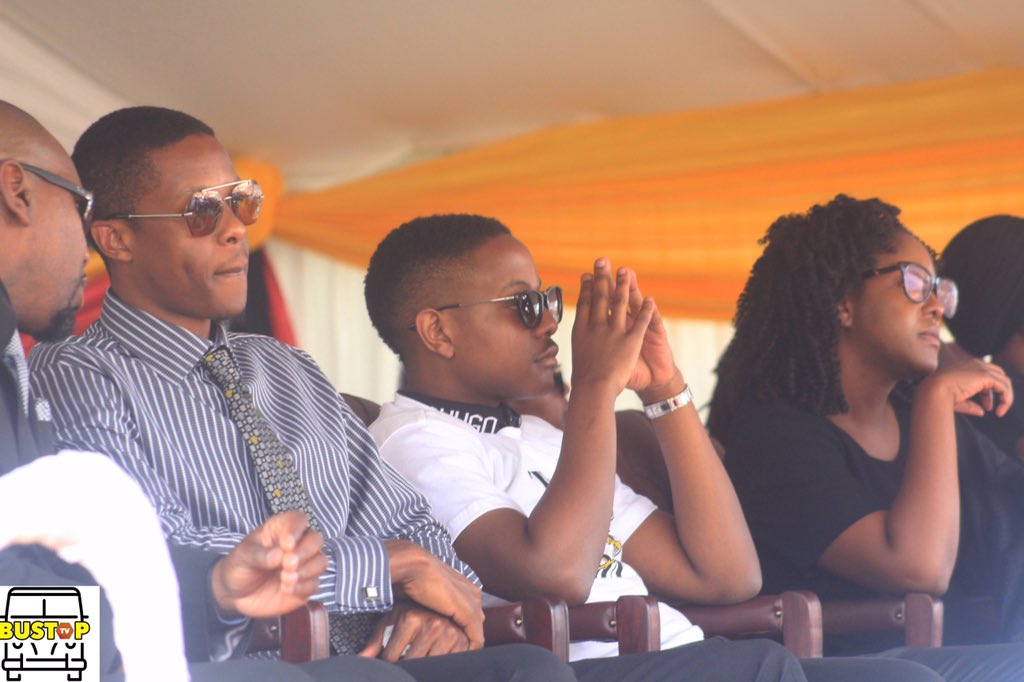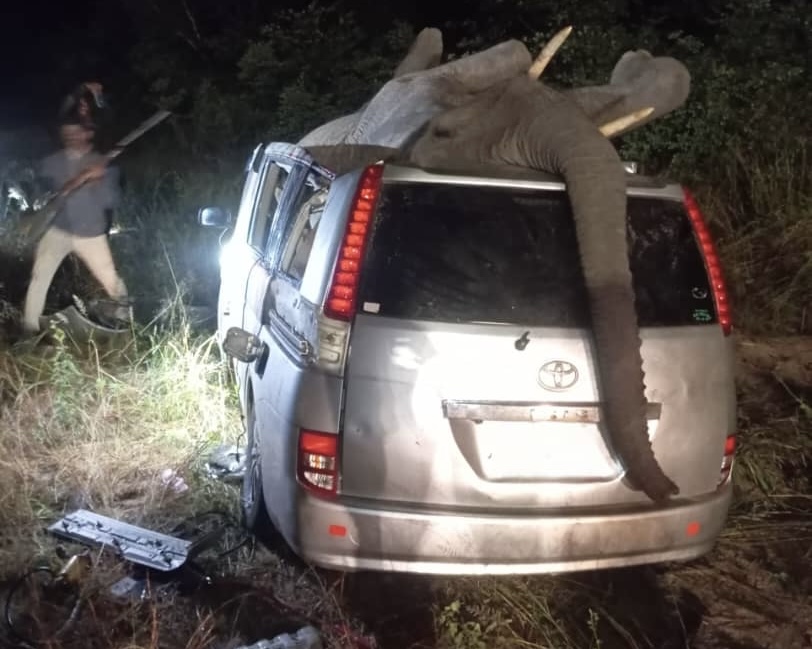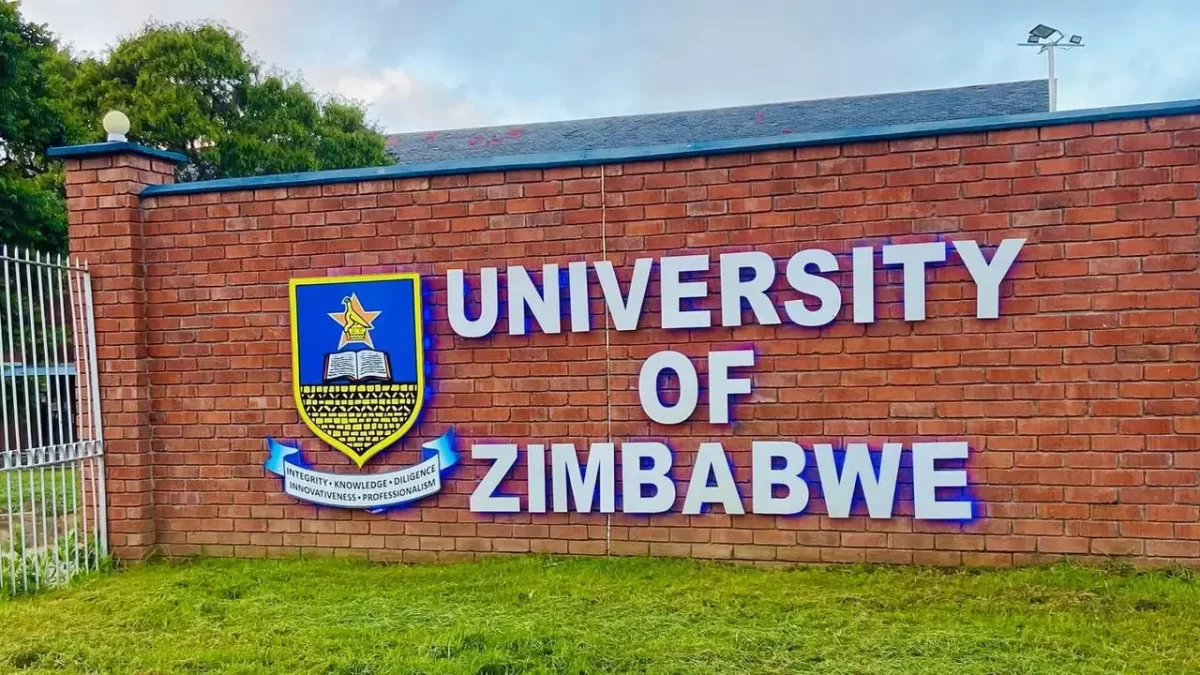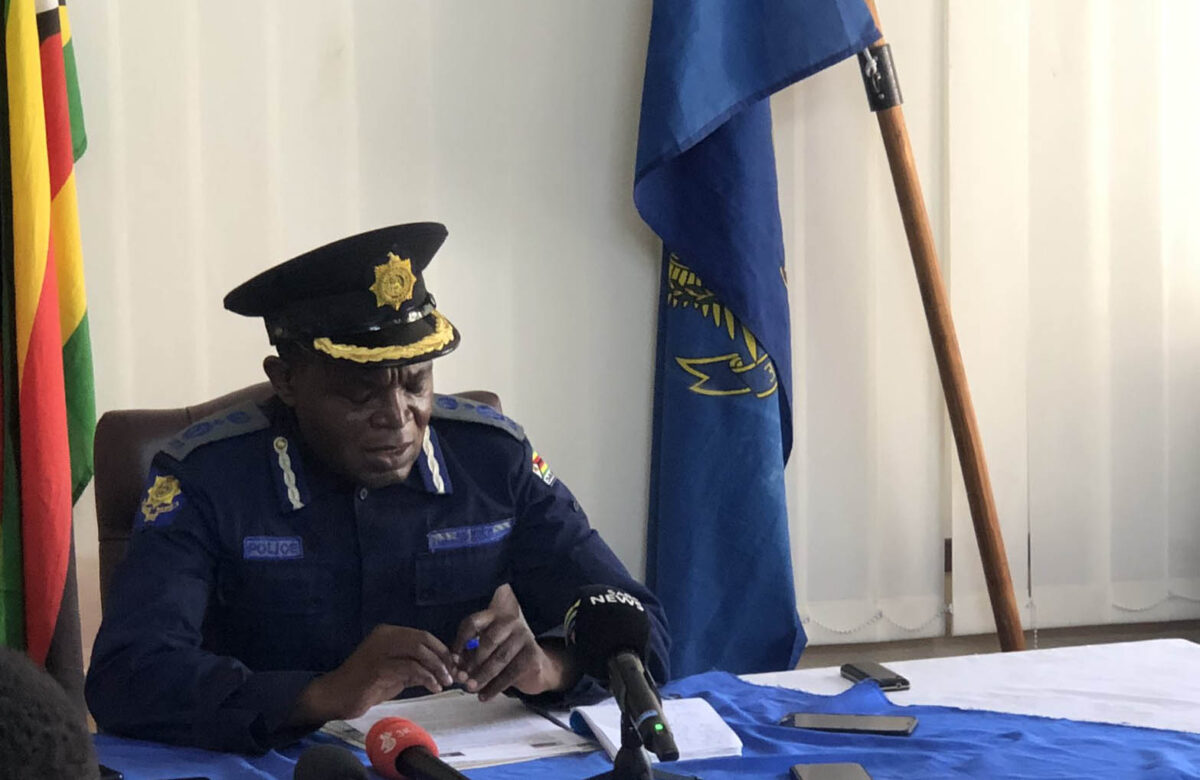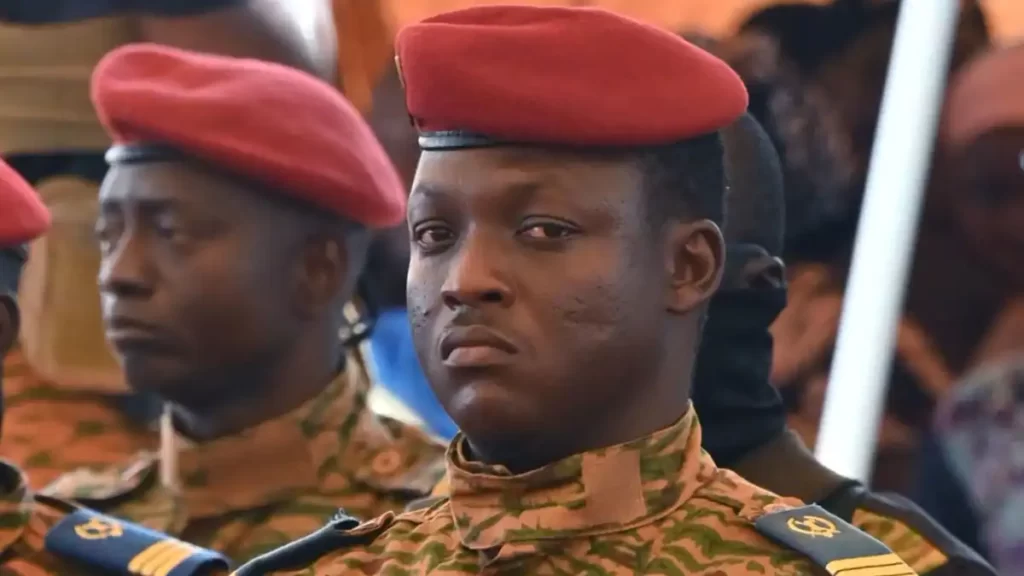HARARE – The High Court on Thursday reserved judgement in a matter in which three children of the late former president Robert Mugabe are challenging the exhumation of their father’s remains ordered by a traditional court.
Justice Amy Tsanga reserved her judgement after hearing arguments from Mugabe’s children – Bona Mutsahuni, Bellarmine Chatunga and Robert Junior – as well as arguments by a village head who triggered the controversy, Tinos Manongovere.
Bona and her siblings, through their lawyer Advocate Tawanda Zhuwarara, told the court that tampering with their father’s grave would be a criminal offence.
They challenged both the chief’s and Chinhoyi magistrate Ruth Moyo’s decision ordering exhumation and reburial, arguing that Moyo must handle the case again to determine if Manongovere has authority to meddle with Mugabe’s burial.
Bona said only she and her brothers, being Mugabe’s heirs, have rights over their father’s grave.
In her ruling, magistrate Moyo said Bona and her siblings had no authority to appeal against Chief Zvimba, Stanley Mhondoro’s decision ordering exhumation.
She argued that their mother, against whom the judgement was made, was the one to mount an appeal.
It is the family’s argument that the ruling must be set aside.
Zhuwarara told the High Court that the children were well-placed, legally, to launch the appeal.
“The appellants, being Mugabes, have locus standi… but the magistrate ignored that fact. Being sons and daughter of Mugabe, they had locus standi to approach the magistrate on a notice of appeal to set aside the determination by Manongovere,” argued Zhuwarara.
He added: “Only the heirs are authorised to act when it comes to the question of burial, burial rights or location.”
Zhuwarara said section 26 of the Burial Act says it is criminal to interfere with a grave so it is important that Moyo deals with this matter because her court has jurisdiction.
The lawyer wants the High Court to nullify Moyo’s ruling that the children cannot mount an appeal against the traditional court’s ruling, and then order the magistrate to rehear the matter on the merits.
According to the said section, anyone who wilfully destroys or causes to be done any damage, defacement or disfigurement to any monument, vault, tombstone or grave whether within or without a cemetery shall be guilty of an offence and liable to a fine not exceeding level five or to imprisonment for a period not exceeding six months or both.
In response, Pardon Nhokwara representing Manongovere argued that the matter was not for Mugabe’s children to handle.
“Appellants chose to misjoin the person who the order related to, who is Grace Mugabe. We don’t even know her position. She might even be satisfied by the judgement,” he argued.
Mugabe died in Singapore in on September 5, 2019.
He was buried in a family courtyard at Kutama in Zvimba, his rural home, following attempts by government officials to have him interred at the National Heroes Acre.
Mugabe’s family resisted, insisting that before his death he had told them he wanted to be buried at his rural home.
The burial saga erupted last year when Chief Zvimba summoned Mugabe’s widow to appear before his traditional court and explain why her husband was buried at the family courtyard, he claimed in breach of traditional customs.
This followed a request by Manongovere that Mugabe’s remains must be exhumed and reburied at the Heroes Acre.
Grace Mugabe did not attend the hearing held at Murombedzi Growth Point.
Chief Zvimba passed a default judgement ordering her to pay a fine of five cows and two goats for breach of traditional customs.
The chief also ordered Mugabe’s reburial at the Heroes Acre before July 1, 2021, prompting the family to approach the court to appeal.

